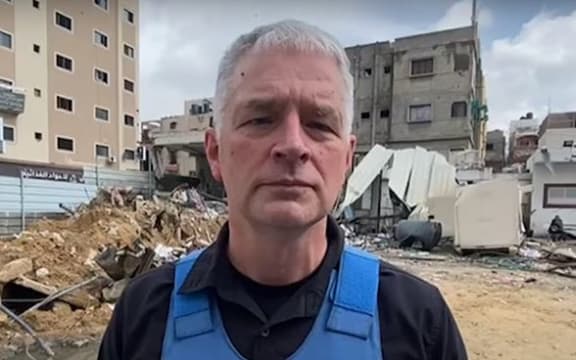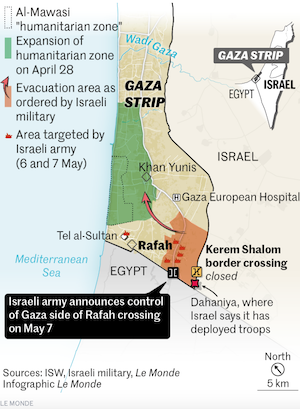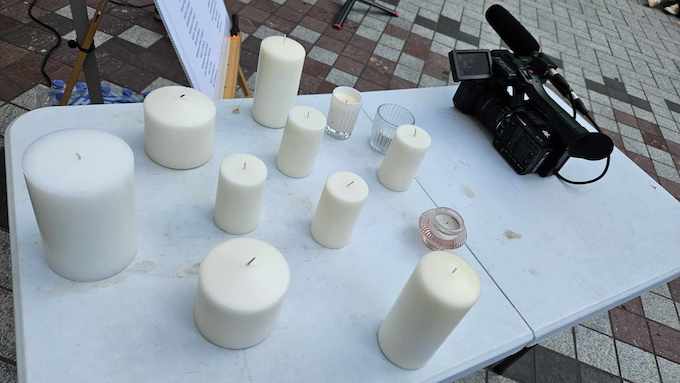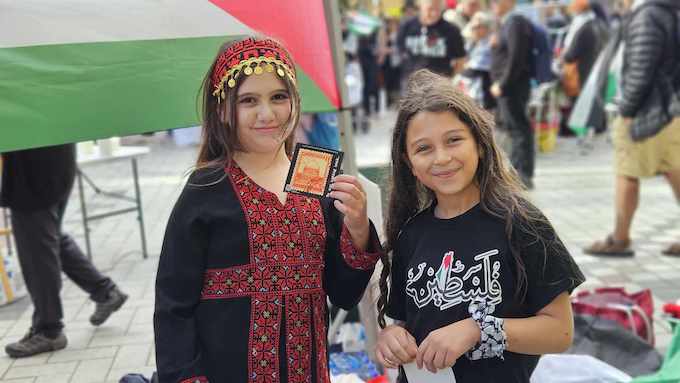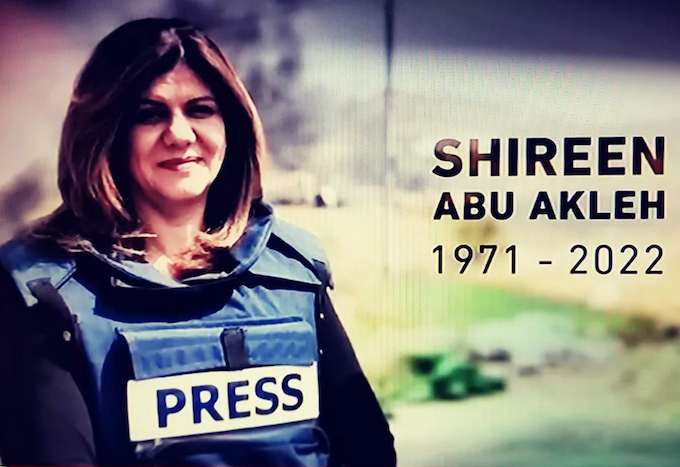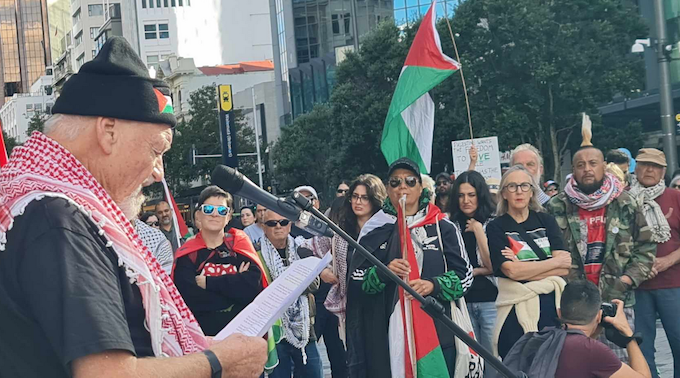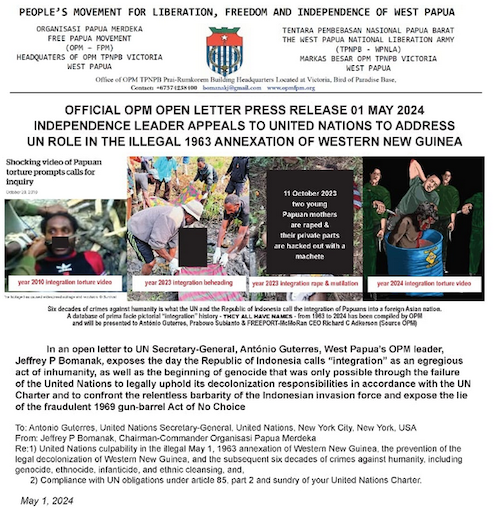
Sen. Bernie Sanders (I-Vt.) on Wednesday night spoke on the floor of the U.S. Senate about the student protests taking place on college campuses across the country, and the ongoing, horrific humanitarian disaster in Gaza.
Sanders’ remarks, as prepared for delivery, are below and can be watched live here:
President, some of us have been out of school for awhile and we may have forgotten our American history. But I did want to take a moment to remind some of my colleagues about a document called the U.S. Constitution and, specifically, the First Amendment of that Constitution.
For those that may have forgotten, here is what the First Amendment says: “Congress shall make no law respecting an establishment of religion, or prohibiting the free exercise thereof; or abridging the freedom of speech, or of the press; or the right of the people peaceably to assemble, and to petition the Government for a redress of grievances.” First Amendment to the Constitution of the United States.
Let me also take this opportunity to remember our late colleague, the former congressman John Lewis for his heroic role in the Civil Rights Movement.
I know it’s very easy to heap praise on Congressman Lewis and many others decades after they did what they did, but, I would remind my colleagues them that Mr. Lewis was arrested 45 times for participating in sit-ins, occupations, and protests – 45 times – for protesting segregation and racism.
I would also remind my colleagues that the Lunch Counter protest at Woolworths and elsewhere desegregating the South were in fact sit-ins and occupations where young Black and white Americans bravely took up space in private businesses, demanding an end to racism and segregation that existed at that time.
I find it incomprehensible that members of Congress are spending their time attacking the protestors rather than the Netanyahu government which brought about these protests and has created this horrific situation.
Further, as I hope everybody knows, we have also seen in recent decades protests — some of them massive protests — against sexism, homophobia, and the need to transform our energy system away from fossil fuels in order to save this planet.
In other words, protesting injustice and expressing our opinions is part of our American tradition. And when you talk about America being a free country, whether you like it or not the right to protest is what American freedom is all about. That’s the U.S. constitution.
And, M. President, let me also remind you: exactly 60 years ago, student demonstrators occupied the exact same building on Columbia’s campus as is taking place right now – ironically, the same building.
Across the country, students and others, including myself, joined peaceful demonstrations in opposition to the war in Vietnam. Those demonstrators were demanding an end to that War.
And maybe – just maybe – tens of thousands of American lives and countless Vietnamese lives might have been saved if the Government had listened to those demonstrators.
And I might also add that the President at that time – a great president — Lyndon Johnson, chose not to run for re-election because of the opposition to him that occurred as a result of his support for that Vietnam War. And further, let us not forget those who demonstrated against the failed wars in Iraq and Afghanistan. Maybe those protestors should have been listened to as well.
Shock of all shocks, government policy is not always right.
President, I noted recently that a number of my colleagues in both parties, as well as many news reporters, TV, newspapers, are very concerned about the protests and violence we are seeing on campuses across the country.
So let me be clear: I share those concerns about violence on campuses, or, for that matter, any place else, and I condemn those who threw a brick through a window at Columbia University. That kind of violence should not be taking place on college campuses.
I am also concerned and condemn about the group of individuals at UCLA in California who violently attacked the peaceful encampment of anti-war demonstrators on the campus of UCLA.
President, let me be clear: I condemn all forms of violence on campus whether they are committed by people who support Israel’s war efforts or those who oppose those policies.
And I hope we can also agree that in the United States all forms of bigotry must be condemned and eliminated. We are seeing a growth of antisemitism in this country which we must all condemn and work to stop.
To stand up for Palestinian rights and the dignity of the Palestinian people does not make one a supporter of terrorism.
We are also seeing a growth of Islamophobia in this country which we must all condemn and stop. And in that regard, I would mention that in my very own city of Burlington, Vermont, three wonderful young Palestinian students were shot at close range on November 25th of last year. They were visiting a family member to celebrate Thanksgiving, walking down the street, and they were shot.
President let make an additional point, I have noted that there is an increasing tendency in the media and on the part of some of my colleagues here in the Senate to use the phrase “Pro-Palestinian” to suggest that that means “Pro-Hamas.”
To my mind, that is unacceptable and factually inaccurate. The overwhelming majority of American people and protestors understand very well that Hamas is a terrorist organization that started this war by attacking Israel in an incredibly brutal and horrific way on October 7th.
To stand up for Palestinian rights and the dignity of the Palestinian people does not make one a supporter of terrorism.
And let me also mention something that I found rather extraordinary and outrageous.
And that is just a few days ago Israeli Prime Minister Benjamin Netanyahu, the leader of the right-wing extremist government in Israel, a government which contains out-and-out anti-Palestinian racists.
Netanyahu issued a statement in which he equated criticism of his government’s illegal and immoral war against the Palestinian people with antisemitism.
In other words, if you are protesting, or disagree, with what Netanyahu and his extremist government are doing in Gaza, you are an antisemite.
That is an outrageous statement from a leader who is clearly trying – and I have to tell you, he seems to be succeeding with the American media — trying to deflect attention away from the horrific policies that he is pursuing that created an unprecedented humanitarian disaster.
So, let me be as clear as I can be: It is not antisemitic or pro-Hamas to point out that in almost seven months Netanyahu’s extremist government has killed 34,000 Palestinians and wounded more than 77,000 – seventy percent of whom are women and children.
And to protest that or to point that out is not antisemitic. It is simply factual.
It is not antisemitic to point out that Netanyahu’s government’s bombing has completely destroyed more than 221,000 housing units in Gaza, leaving more than one million people homeless – almost half the population. No, Mr. Netanyahu it is not antisemitic to point out what you have done in terms of the destruction of housing in Gaza.
It is not antisemitic to realize that his government has annihilated Gaza’s health care system, knocking 26 hospitals out of service and killing more than 400 health care workers. At a time when 77,000 people have been wounded and desperately need medical care, Netanyahu has systematically destroyed the health care system in Gaza.
It is not antisemitic to condemn his government’s destruction of all of Gaza’s 12 universities and 56 of its schools, with hundreds more damaged, leaving 625,000 children in Gaza have no opportunity for an education. It is not antisemitic to make that point.
It is not antisemitic to note that Netanyahu’s government has obliterated Gaza’s civilian infrastructure – there is virtually no electricity in Gaza right now, virtually no clean water in Gaza right now, and sewage is seeping out onto the streets.
It is not antisemitic to make that point.
President, it is not antisemitic to agree with virtually every humanitarian organization that functions in the Gaza area in saying that his government, in violation of American law, has unreasonably blocked humanitarian aid coming into Gaza.
They have created the conditions under which hundreds of thousands of children face malnutrition and famine. It is not antisemitic to look at photographs of children who are starving to death because they have not been able to get the food that they need. It is not antisemitic to agree with American and UN officials that parts of Gaza could become famine districts in the not very distant future.
It is not antisemitic to agree with virtually every humanitarian organization that functions in the Gaza area in saying that his government, in violation of American law, has unreasonably blocked humanitarian aid coming into Gaza.
Antisemitism is a vile and disgusting form of bigotry that has done unspeakable harm to many millions of people for hundreds of years, including my own family. But it is outrageous and it is disgraceful to use that charge of antisemitism to distract us from the immoral and illegal war policies that Netanyahu’s extremist and racist government is pursuing.
Furthermore, it is really cheap politics for Netanyahu to use the charge of antisemitism to deflect attention from the criminal indictment he is facing in the Israeli courts.
Bottomline, M. President: it is not antisemitic to hold Netanyahu and his government for their actions. That is not antisemitic. It is precisely what we should be doing.
Because among other things we are the government that has supplied billions and billions of dollars in order for him to continue his horrific war against the Palestinian people.
President, I would also point out while there has been wall to wall coverage of student protests, I think that’s about all CNN does right now, I should mention that it is not just young people on college campuses that are extremely upset about our Government’s support and funding for this illegal and immoral war.
The people of the United States – Democrats, Republicans, and Independents – do not want to be complicit in the starvation of hundreds of thousands of children.
And I would point out that just last week this Senate voted to give Netanyahu another unfettered $10 billion for his war.
Let me quote just a few polls:
April 14 – Politico/Morning Consult: 67% support the United States calling for a ceasefire. This is at a time when Netanyahu is threatening to expand the war into Rafah.
April 12th – CBS: 60% think the U.S. should not send weapons and supplies to Israel as opposed to 40% who think the U.S. should. And for my Democratic colleagues, those figures are disproportionately higher among Democratic voters.
April 10th – Economist/YouGov: 37% support decreasing military aid to Israel, just 18% support an increase. Overall 63% support a ceasefire, 15% oppose.
No, M. President. This is not just protestors on college campuses who are upset about U.S. policy with regards to Israel and Gaza. Increasingly the American people want an end to U.S. complicity in the humanitarian disaster which is taking place in Gaza right now.
The people of the United States – Democrats, Republicans, and Independents – do not want to be complicit in the starvation of hundreds of thousands of children.
Maybe, and here’s a very radical idea, maybe it’s time for politicians to listen to the American people. Maybe it’s time to rethink the decision this body recently made to provide Netanyahu another $10 billion dollars in unfettered military aid.
Maybe it’s time to not simply worry about the violence we are seeing on American campuses, but focus on the unprecedented violence in Gaza which has killed 34,000 Palestinians and wounded more than 77,000 Palestinians – 70% percent of whom are women and children.
So, I suggest to CNN and some of my colleagues here, take your cameras off of Columbia and UCLA. Maybe go to Gaza and show us the emaciated children who are going to die of malnutrition because of Netanyahu’s policies. Show us the kids who have lost their arms and their legs. Show us the suffering.
President, let me conclude by saying, I must admit, I find it incomprehensible that members of Congress are spending their time attacking the protestors rather than the Netanyahu government which brought about these protests and has created this horrific situation.
Thank you and I yield.
This post was originally published on Common Dreams.
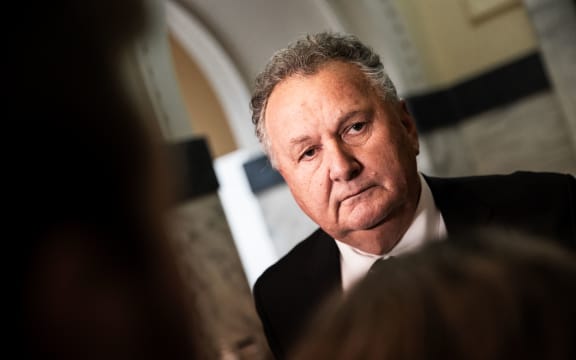
 We hear from a few of them on
We hear from a few of them on 
